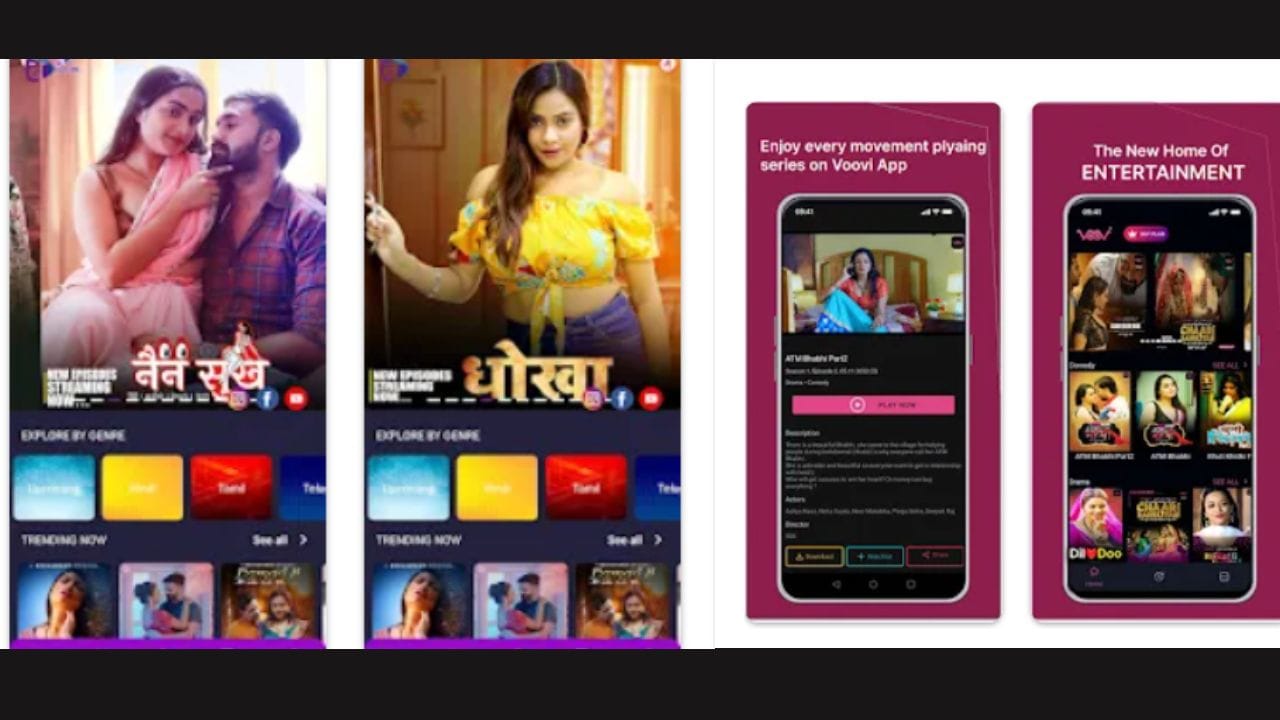The Indian government has banned as many as 18 OTT services or platform in 2024, for publishing content that was obscene, vulgar and pornographic, according to Minister of State for Information & Broadcasting, L Murugan.
In March this year, the Ministry of Information & Broadcasting (I&B) had blocked 18 OTT platforms publishing obscene, vulgar, and, in some instances, pornographic content. The list included Neufliks, X Prime, Besharams, Mood X and Prime Play. The government had also disabled public access to 19 websites, 10 apps (7 on Google Play Store, 3 on Apple App Store), and 57 social media accounts associated with these platforms.
As per a PTI report, in a reply to a question by Shiv Sena-UBT member Anil Desai, Murugan said in parliament on December 18, the IT Rules of 2021 cast specific due diligence obligations on intermediaries to make reasonable efforts by themselves against displaying or spreading obscene or pornographic content.
Read more: MIB issues advisory to OTT platforms: Crackdown on glamorization of drug use
Murugan added that the IT Rules “provide for a Code of Ethics for publishers of news and current affairs on digital media and publishers of online curated content (OTT platforms)”.
“The Ministry of Information and Broadcasting has taken action in coordination with various intermediaries, and blocked 18 OTT platforms on 14th March, 2024 for publishing obscene, vulgar, and, in some instances, pornographic content under these provisions,” he added.
In advertising
The MIB addressed 73 complaints in last three years related to the transmission of obscene, indecent and vulgar advertisements on television, Murugan informed the Rajya Sabha on Friday, December 6.
According to the Advertising Code prescribed under Rule 7 of the rules requires “indecent, vulgar, suggestive, repulsive or offensive themes or treatment” to be “avoided” in TV ads.
In 2017, the MIB, in an advisory, had instructed TV channels to not air ads selling and promoting condoms between 6 am and 10 pm, as the ads were “alleged to be indecent, especially for children”.
According to the 2023-24 annual report of the Advertising Standards Council of India, a self-regulatory body, the rate of voluntary compliance in print and on TV was 97%, compared to an overall compliance rate of 80% and a 75% compliance rate of digital ads.
In a written reply in the Rajya Sabha, MoS L Murugan said the complaints were “suitably” addressed by a three-level grievance redress system.
Murugan said the mechanism, established under the Cable Television Networks (Amendment) Rules, includes self-regulation by broadcasters, self-regulation by self-regulating bodies of the broadcasters, and an oversight mechanism of the central government.
The minister said appropriate action is taken wherever violation of the Advertising Code is found by the issuance of “advisories, warnings, ‘Apology Scroll’ orders, and off-air orders.”
In reply to a separate question, Murugan said OTT platforms are required to adhere to the Code of Ethics under Part-III of the IT (Intermediary Guidelines and Digital Media Ethics Code) Rules, 2021.
“These codes are self-regulatory in nature,” the minister said.
Murugan said these Codes of Ethics require the publishers not to transmit any content which is prohibited by law and to undertake age-based self-classification of content into five categories, based on general guidelines provided in the Rules.
The guidelines provide that while undertaking such self-classification, the context of the period depicted in such content and the contemporary standards of the country and people to which such content relates are to be kept in mind, he said.
Murugan said the Code also provides that the OTT platforms will put in place adequate safeguards for restricting age-appropriate content for children.
Read more: Govt working on new broadcast policy to regulate OTTs
